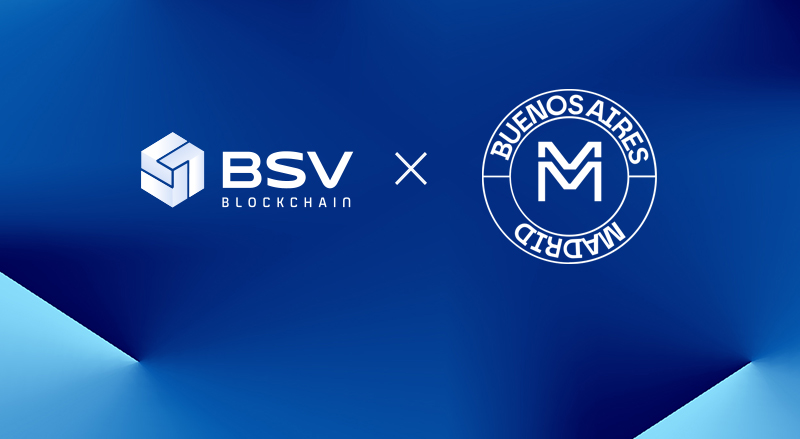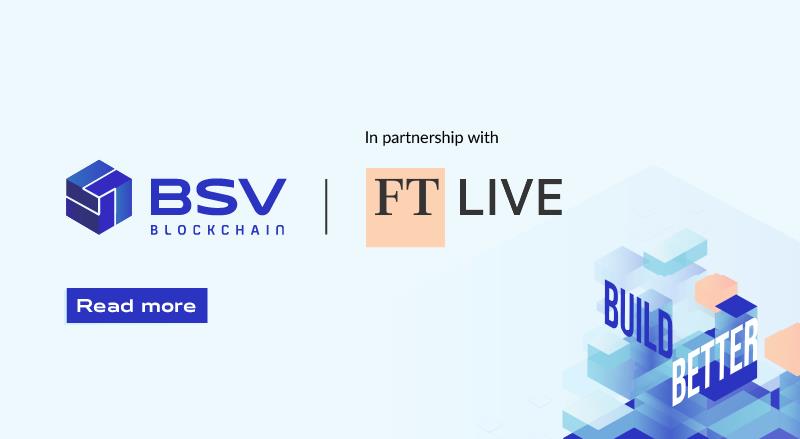The music industry has been plagued for decades by issues surrounding the fair payment of artists, whether it is dodgy record labels trying to take advantage of bands, rampant music piracy, or newer streaming platforms that pay musicians a fraction of their value.
In the latest case, rock group Limp Bizkit is suing Universal Music Group over claims it has not been paid, with the band asking for more than $200 million in back payments from the label.
The BSV blockchain can help end these issues right now. Artists can regain full ownership and control of the music they create, as well as royalties and copyrights. There’s no longer a need for these shady practices in the music business.
Just as the music industry adapted to the Internet and streaming by harnessing new technology, it can use the BSV blockchain to create clear, unambiguous contracts where royalties are paid out in real-time.
Fixing the billion-dollar problem
The traditional music industry often benefits major record labels and streaming platforms, leaving artists with limited control and a smaller portion of the revenue. Several factors contribute to this, such as:
- A lack of transparency in financial reporting
- Ambiguous contract terms
- Unequal earnings distribution
- Limited opportunities for independent audits
Emerging artists, in particular, face difficulties in gaining recognition and effectively monetising their work. Music labels and streaming services tend to prioritise top-selling artists who generate the most profit, leaving smaller artists at a disadvantage. Even when lesser-known artists achieve a significant number of plays, they often do not receive a fair share of the revenue.
Current solutions have yet to fully address these issues, highlighting the need for a platform that both empowers artists and enhances the overall consumer experience.
The BSV blockchain offers an immutable ledger, providing artists with transparent accounting and accurate royalty tracking. Through this system, artists can easily view their earnings and verify the legitimacy of transactions, eliminating the need to depend solely on record labels for financial reporting.
With the BSV blockchain, both artists and their collaborators can track and confirm royalty payments, ensuring they receive fair compensation. This enhanced transparency discourages manipulation and fosters greater trust between artists and industry stakeholders.
In addition, smart contracts can be integrated into BSV-based platforms, enabling automated, transparent agreements between artists and labels. These contracts support more equitable revenue-sharing models by automatically distributing earnings to artists, labels, songwriters, and producers according to pre-set terms, ensuring a fairer allocation of profits and addressing the issue of unequal earnings.
NFTs (non-fungible tokens) can also be leveraged on the BSV blockchain, representing unique digital assets tied to music or other creative works. Artists can tokenise their creations, selling them directly to fans and retaining greater control over their intellectual property. This approach empowers emerging artists to effectively monetise their work, gain visibility, and build a dedicated fan base without having to rely solely on major labels or streaming platforms.
For fans, this creates a more interactive and rewarding experience. NFTs can provide access to exclusive content, limited-edition releases, and personalised interactions, deepening the bond between artists and fans. This innovative use of blockchain technology opens up new revenue streams and fosters a more engaging, artist-centred music ecosystem.
Real use-cases
Firms like SmartLedger Solutions showcase how this can be done. Its Rare Generation digital rights management platform uses the power of blockchain to distribute payments transparently.
Spotify alone streams over a billion tracks daily, so scalability is crucial. Only scalable utility blockchains like the BSV blockchain and Teranode, which can process one million transactions per second, are currently up to the task.
Of course, artists don’t have to wait for record labels to make the first move; they can now use the BSV blockchain to self-publish music and demand that labels use transparent tech before signing with them. While it is true that artists may make less money without the backing of big labels, let’s remember that those same big labels make no money without artists.






